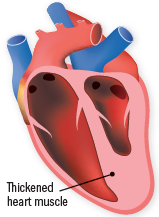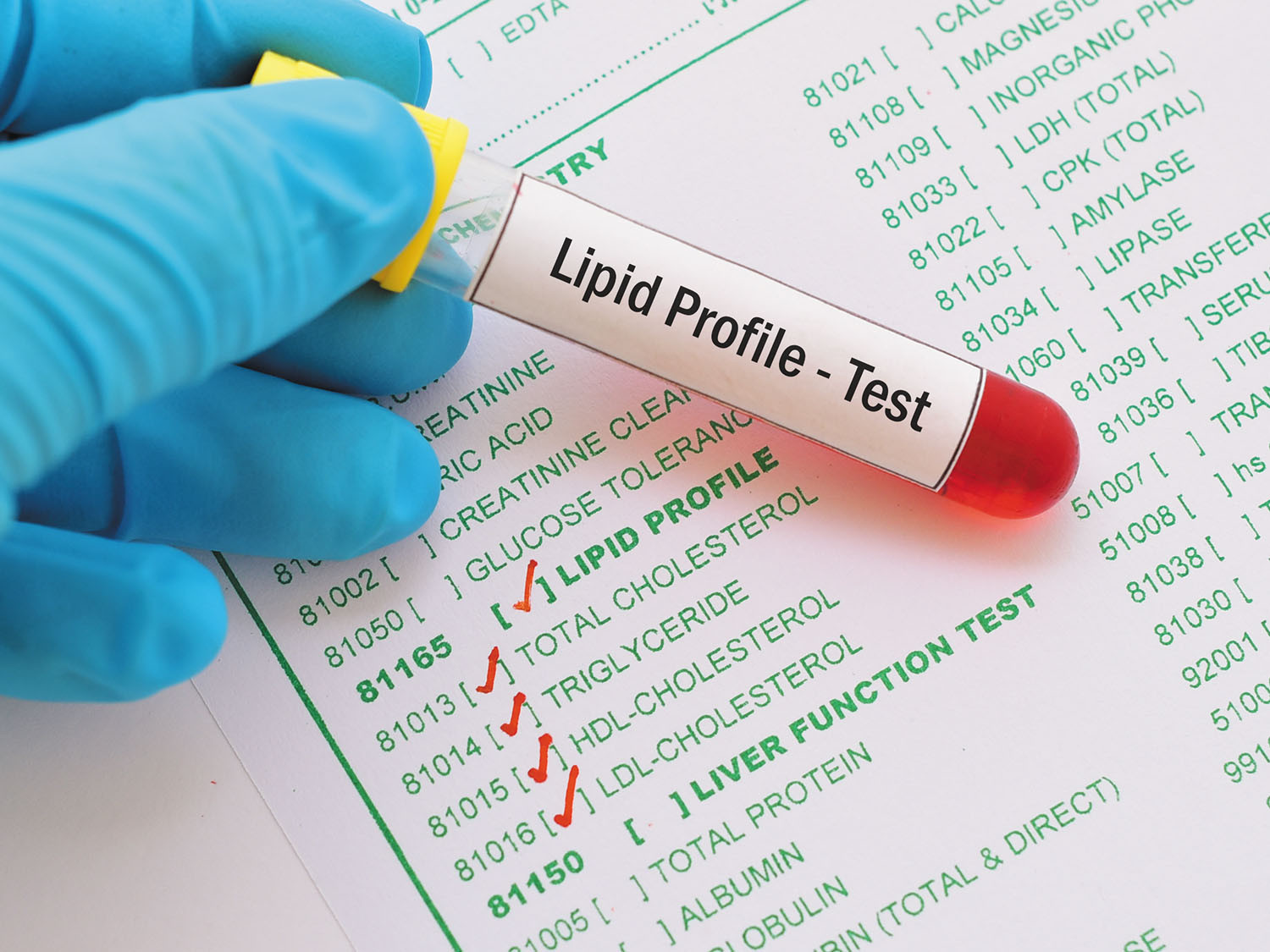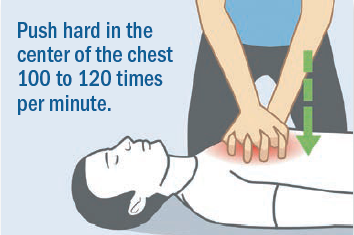
5 timeless habits for better health

What are the symptoms of prostate cancer?

Is your breakfast cereal healthy?

When pain signals an emergency: Symptoms you should never ignore

Does exercise give you energy?

Acupuncture for pain relief: How it works and what to expect

How to avoid jet lag: Tips for staying alert when you travel

Biofeedback therapy: How it works and how it can help relieve pain

Best vitamins and minerals for energy

Should you take probiotics with antibiotics?
Heart Health Archive
Articles
Push past your resistance to strength training
Using stretchy bands to build muscle can be an easy and effective way to burn more calories and boost your heart health.
Image: © EMPPhotography/Getty Images
Most people know that brisk walking and other movement that gets your heart beating faster is great for your cardiovascular health. But even health-conscious folks often overlook another key fitness recommendation: doing muscle-strengthening exercises at least twice a week.
Not crazy about the idea of going to a gym and hoisting heavy weights? There's no need to do so. You can work your muscles with stretchy bands (called resistance or exercise bands) at home. In fact, if you're out of shape or overweight, a simple resistance band workout can be a good way to ease into exercise, says Dr. Edward Phillips, assistant professor of physical medicine and rehabilitation at Harvard Medical School.
What is cardiomyopathy?
Ask the doctor
Q. A friend was just diagnosed with cardiomyopathy. What causes this problem, and what is the prognosis?
A. In simple terms, cardiomyopathy refers to abnormal heart muscle. Some cases are mild and require no treatment. But in other cases, the condition causes severe symptoms (such as breathing difficulty and leg swelling) and leads to serious complications. Cardiomyopathy is one of many possible causes of heart failure, which happens when the heart is unable to pump well enough to meet the body's need for oxygen-carrying blood.
Seafood suggestions for heart health
Experts recommend one or two servings of fish per week. But healthy vegetarian meals are a good alternative.
Image: © amriphoto/Getty Images
Eating fatty fish such as salmon, tuna, or mackerel at least once a week may help prevent heart attacks and other serious cardiovascular problems. That's according to a recent scientific advisory from the American Heart Association, which reaffirms a long-held observation about the health benefits of seafood.
You'll potentially reel in the biggest benefit if you replace less healthy foods — such as red meat or processed meats — with seafood entrees. For example, choose salmon over steak, and swap the ham on your sandwich for tuna.
A possible culprit in early heart attacks
High blood levels of a fatty particle called lipoprotein(a) may explain some unexpected premature heart attacks.
Image: © jarun011/Getty Images
Have you ever heard of a middle-aged man who was in great shape, never smoked, had a normal cholesterol level, but still had a heart attack? Many people either know someone who fits that profile or have read about Bob Harper, the celebrity fitness trainer from the TV show The Biggest Loser, who had a heart attack last year at age 52.
For Harper, the culprit apparently was an abnormally high level of lipoprotein(a). Also known as Lp(a), it's a variant of the familiar "bad" LDL cholesterol (see "Cholesterol 101: Lipoprotein basics"). Lp(a) particles are LDL with an extra protein attached.
Predicting heart disease: The sex factor
Several sex-specific issues may foretell a higher risk of cardiovascular problems in women and men.
Image: © bowdenimages/Getty Images
You probably know the key health indicators that pose a danger to your heart, such as high cholesterol and elevated blood pressure. But many people are not aware of the sex-specific conditions that may serve as early warning signals for heart disease.
For women, these include problems that sometimes occur during pregnancy, as well as other diseases that are more prevalent in females (see "Female-focused cardiac risks"). For men, it's a relatively common problem that's less commonly discussed: erectile dysfunction.
Vegetable of the month: Leafy greens
Image: © Elenathewise/Getty Images
A salad is a great way to meet your daily vegetable requirement — just toss a few of your favorite veggies together with lettuce or other greens. Most grocery stores sell a variety of salad greens (separate or mixed), prewashed and bagged for convenience. Arugula and watercress are peppery, dandelion and escarole are bitter, mâche and iceberg are sweet, and a green called tatsoi has a mustard flavor. Baby spinach is another popular option.
The USDA recommends two to three cups of vegetables per day for adults. But because greens aren't very dense, it actually takes about two cups of raw greens to make the nutritional equivalent of a one-cup serving of vegetables.
Midlife fitness may stave off depression and heart disease
Research we're watching
Image: © Juanmonino/Getty Images
Depression and heart disease often overlap. As many as one in five people with heart disease has depression. This common mood disorder is also linked to a higher risk of dying of heart disease.
Now, new research lends further support for the protective role of exercise for both conditions. The study, published online June 27 by JAMA Psychiatry, included nearly 18,000 people (mostly male) and used records dating back to the early 1970s. Researchers found that people who were fit during middle age were 16% less likely to develop depression after age 65.
The importance of bystander CPR
This newer way to perform CPR is easier than the traditional method, and it's saving lives.
Image: © solar22/Getty Images
Every year, more than 350,000 Americans experience sudden cardiac arrest, when the heart stops beating without any warning. In the agonizing moments before paramedics arrive, there's no blood circulating in the body to deliver oxygen to the brain and other organs; death is just minutes away.
"When the cardiac arrest occurs outside of a hospital setting, the survival rate ranges from 2% to 15%," says Dr. Kei Ouchi, an emergency physician at Harvard-affiliated Brigham and Women's Hospital.

5 timeless habits for better health

What are the symptoms of prostate cancer?

Is your breakfast cereal healthy?

When pain signals an emergency: Symptoms you should never ignore

Does exercise give you energy?

Acupuncture for pain relief: How it works and what to expect

How to avoid jet lag: Tips for staying alert when you travel

Biofeedback therapy: How it works and how it can help relieve pain

Best vitamins and minerals for energy

Should you take probiotics with antibiotics?
Free Healthbeat Signup
Get the latest in health news delivered to your inbox!
Sign Up











